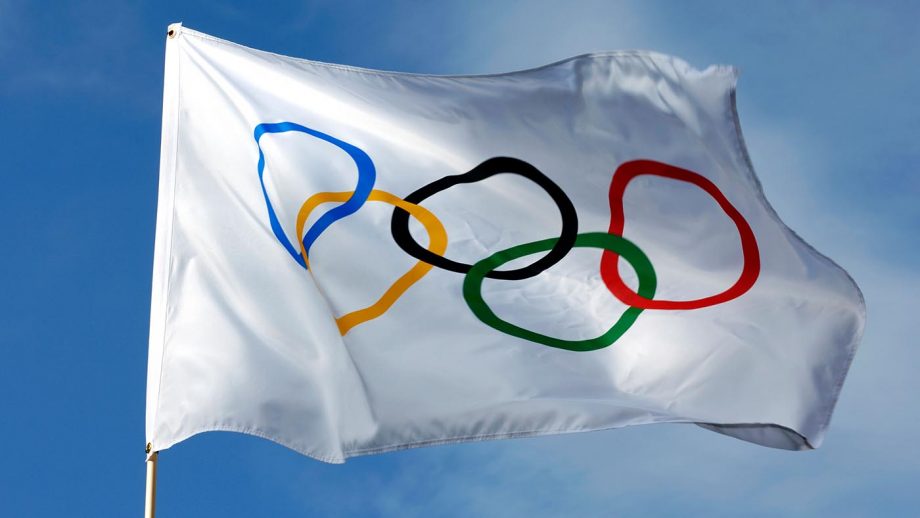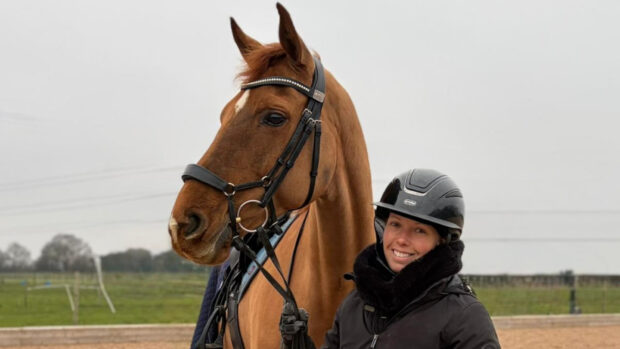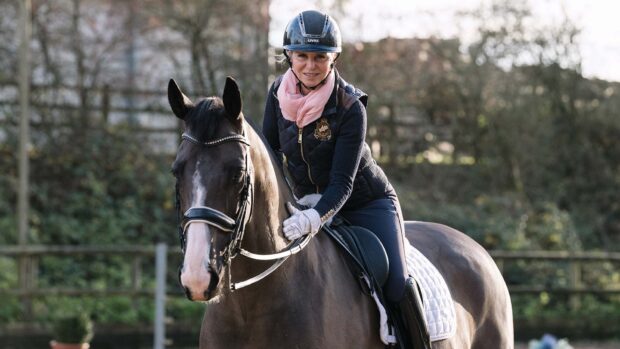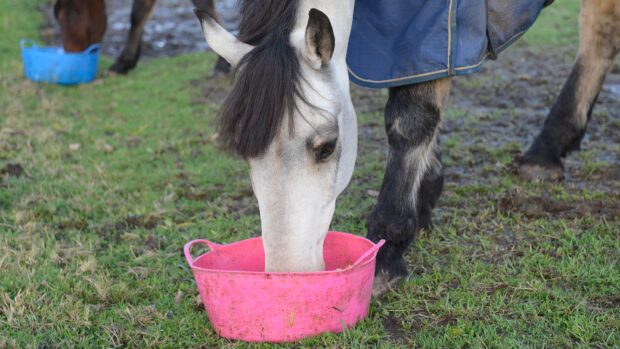As worried owners ask whether a vet can treat their horse during the coronavirus lockdown, industry experts have advised that all non-essential equine veterinary work – including six-monthly vaccination boosters – should halt.
In light of the situation and government guidance, the British Equine Veterinary Association (BEVA) put out a statement yesterday (23 March).
“We are experiencing an unprecedented public health emergency, the likes of which none of us have experienced before, and the health and safety of our staff, clients and society must be at the forefront of our decisions,” said the statement.
“BEVA’s view is that we should be doing everything possible to protect human health and follow the recommendations and advice from the UK government, which is based on efforts to reduce the spread of the Covid-19 virus and to protect the NHS. At the same time we need to maintain the provision of 24-hour emergency care.”
BEVA believes vets should concentrate on maintaining a 24-hour emergency service but stop all routine work.
“We recommend that routine procedures, including pre-purchase examinations, routine dentistry, routine health checks, poor performance/mild lameness examinations, etc. should be stopped immediately,” the statement said, adding that phone and video consultations should be used where possible.
“For cases where physical examinations are absolutely necessary (i.e. for ill and injured patients), a declaration from the owner/trainer that they are free from Covid-19 symptoms should be obtained beforehand and social distancing (at least 2m between people) should be practised – but we appreciate that this may not always be safe, and vets are urged to use their professional judgement and only break the 2m rule when absolutely necessary for maintaining animal and human welfare.”
BEVA said routine six-monthly influenza booster vaccinations should be stopped, and recommends all other flu booster vaccinations be postponed for a month, to be reviewed after this time, and is in discussion with regulatory bodies on how to minimise the impact of reducing or halting flu vaccinations.
“For the administration of other equine vaccines, such as tetanus, equine herpes virus and rotavirus vaccines, we urge veterinary surgeons to make decisions whether or not to vaccinate on a case-by-case or farm-by-farm basis,” said the statement.
Continues below…

Coronavirus Q&A: horse riders, businesses and employees — all you need to know
H&H has put together a Q&A to help with some of the questions those living and working in the equestrian

Subscribe to Horse & Hound magazine today – and enjoy unlimited website access all year round

Tokyo Olympics postponed to 2021 due to coronavirus pandemic
The Tokyo Olympics this summer have been postponed by a year due to the worldwide coronavirus outbreak, with multiple implications
“The issue of routine stud/reproductive work raises particular questions. On the basis of the government’s advice, and despite the ability to mitigate risks, we are currently struggling to see how this type of service is essential for animal welfare. However, we appreciate that this has far-reaching implications beyond the veterinary profession, and we have sought guidance from government and are in discussion with the breeding industry; we hope to provide further direction soon.
“Such actions will obviously have significant financial implications to practices big and small. The government has introduced extraordinary economic measures aimed to help businesses and employees affected by these measures.”
“Finally, we urge all practices to look at ways that they can support the most vulnerable people in society among their clients. Also, see if there is any way that you can support your local NHS trust – some hospitals are asking for supplies of surgical masks, gloves etc.”
Would you like to read Horse & Hound’s independent journalism without any adverts? Join Horse & Hound Plus today and you can read all articles on HorseandHound.co.uk completely ad-free




